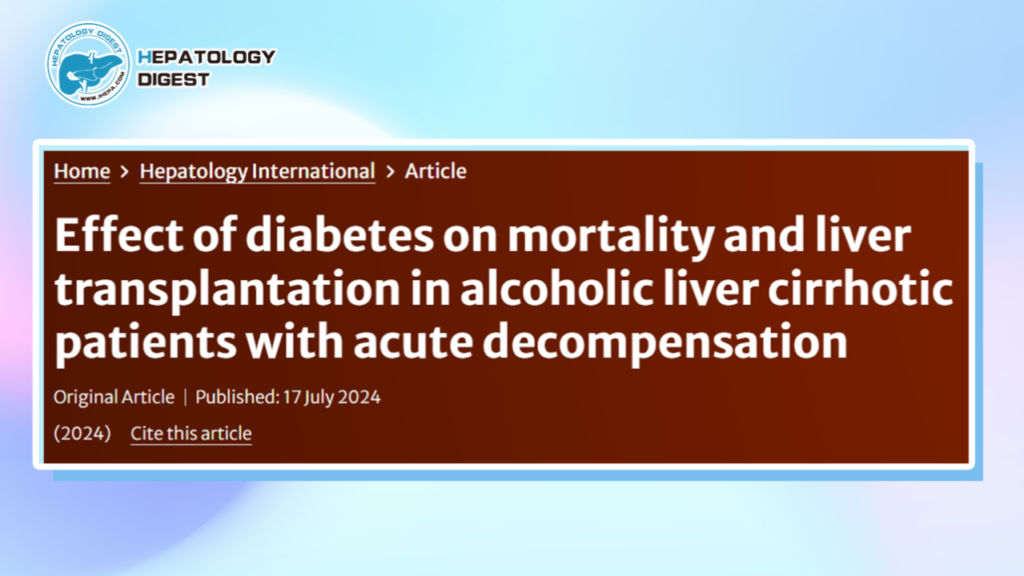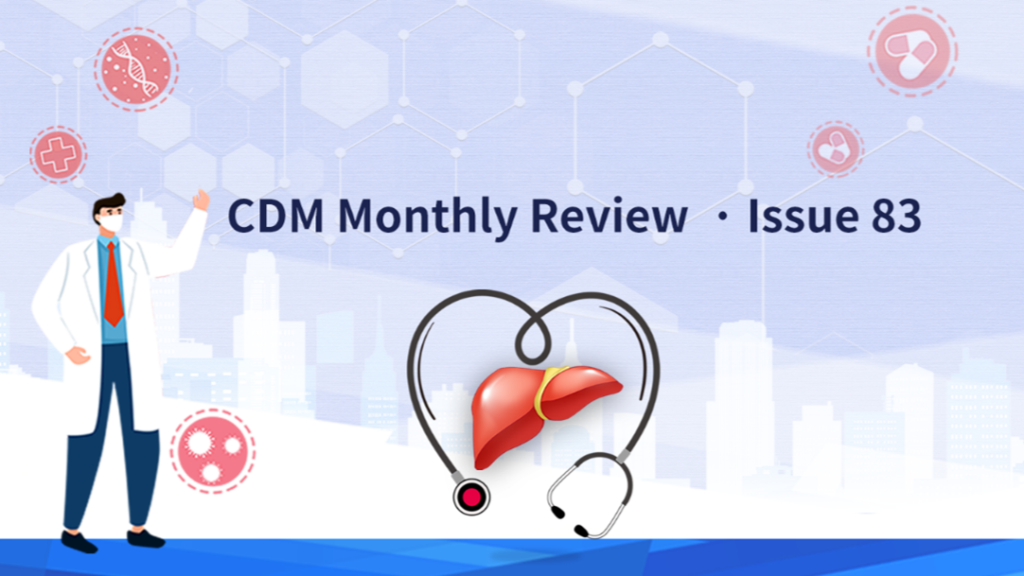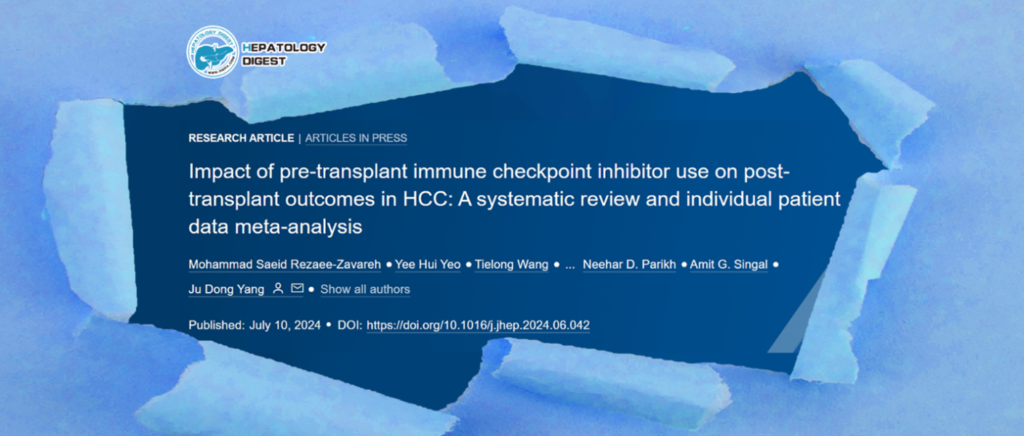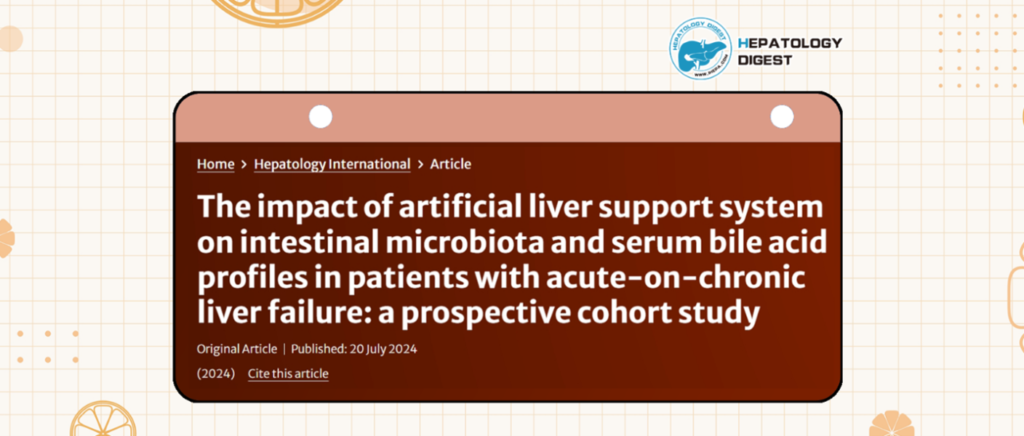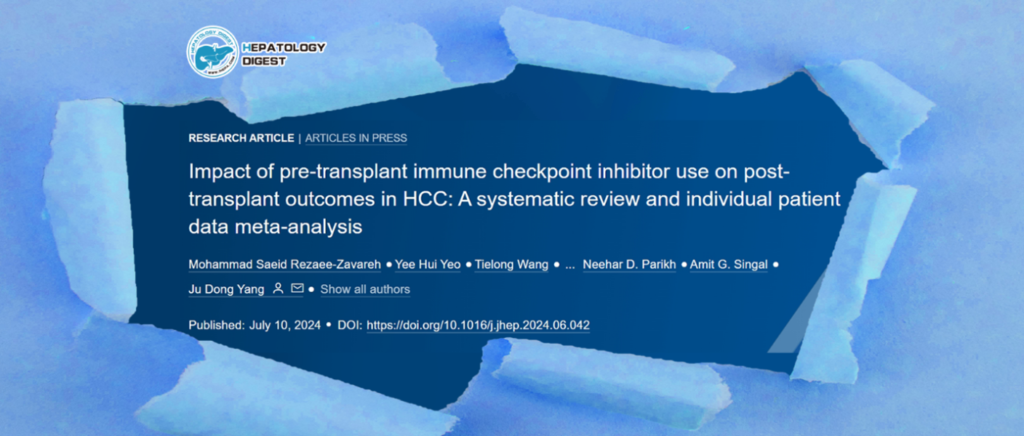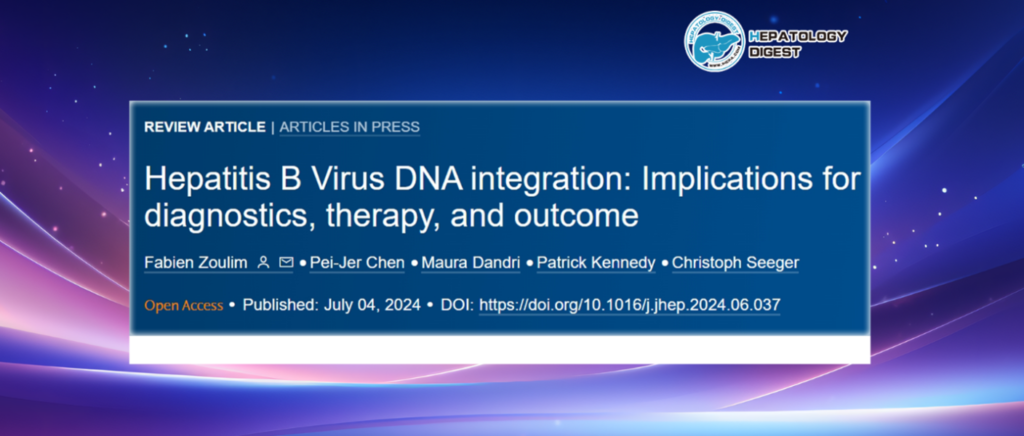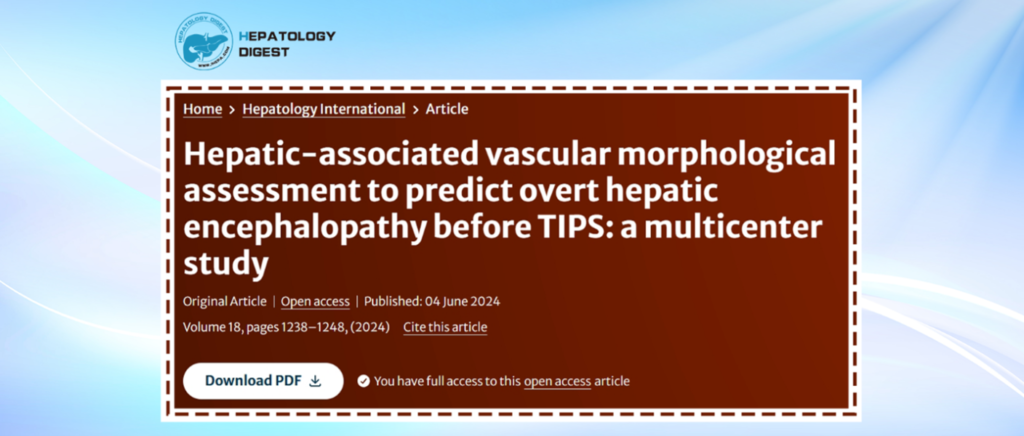Diabetes Increases the Risk of Death or Liver Transplantation in Patients with Alcoholic Cirrhosis
Over time, alcohol consumption has become a significant public health concern. Alcohol is associated with more than 200 diseases, including diabetes and cirrhosis, contributing to 5.3% of global mortality. Despite increased awareness of alcohol's harmful effects, overall consumption levels have not decreased. Previous studies have investigated the impact of diabetes on patients with alcoholic cirrhosis, but the relationship between diabetes and clinical outcomes in these patients has remained unclear. Recently, a study published in Hepatology International has shed light on the relationship between diabetes and clinical outcomes in patients with alcohol-related cirrhosis.

